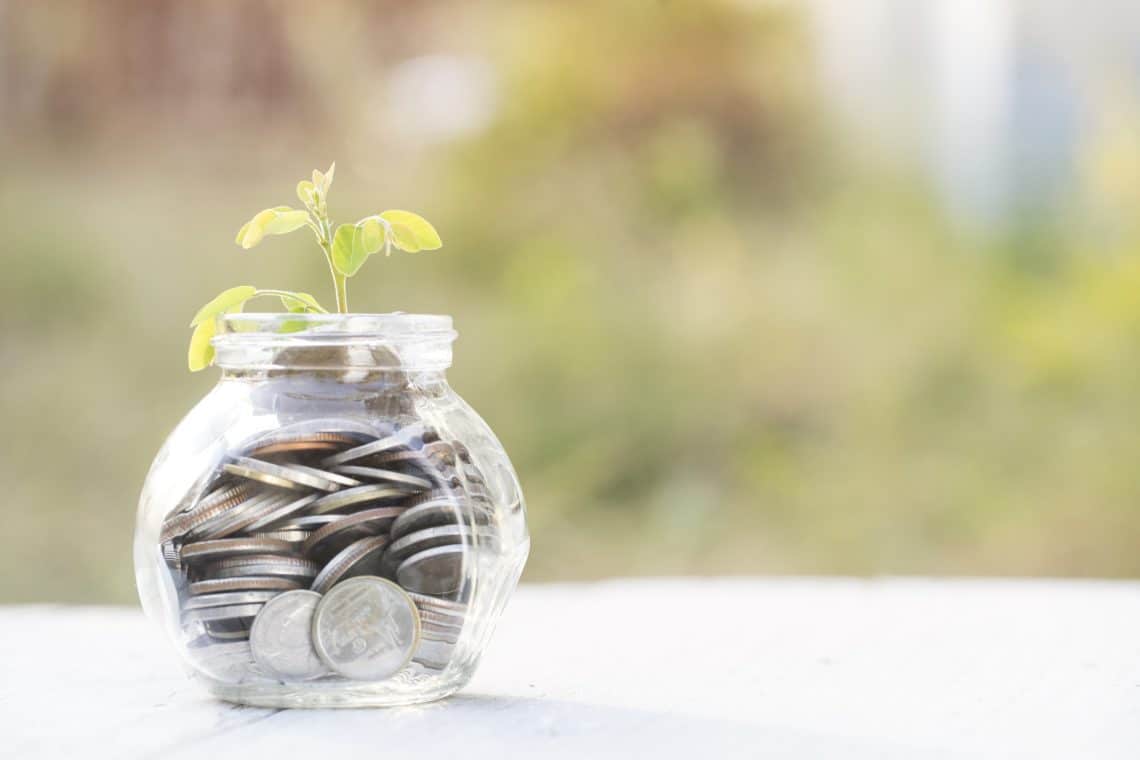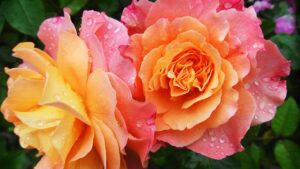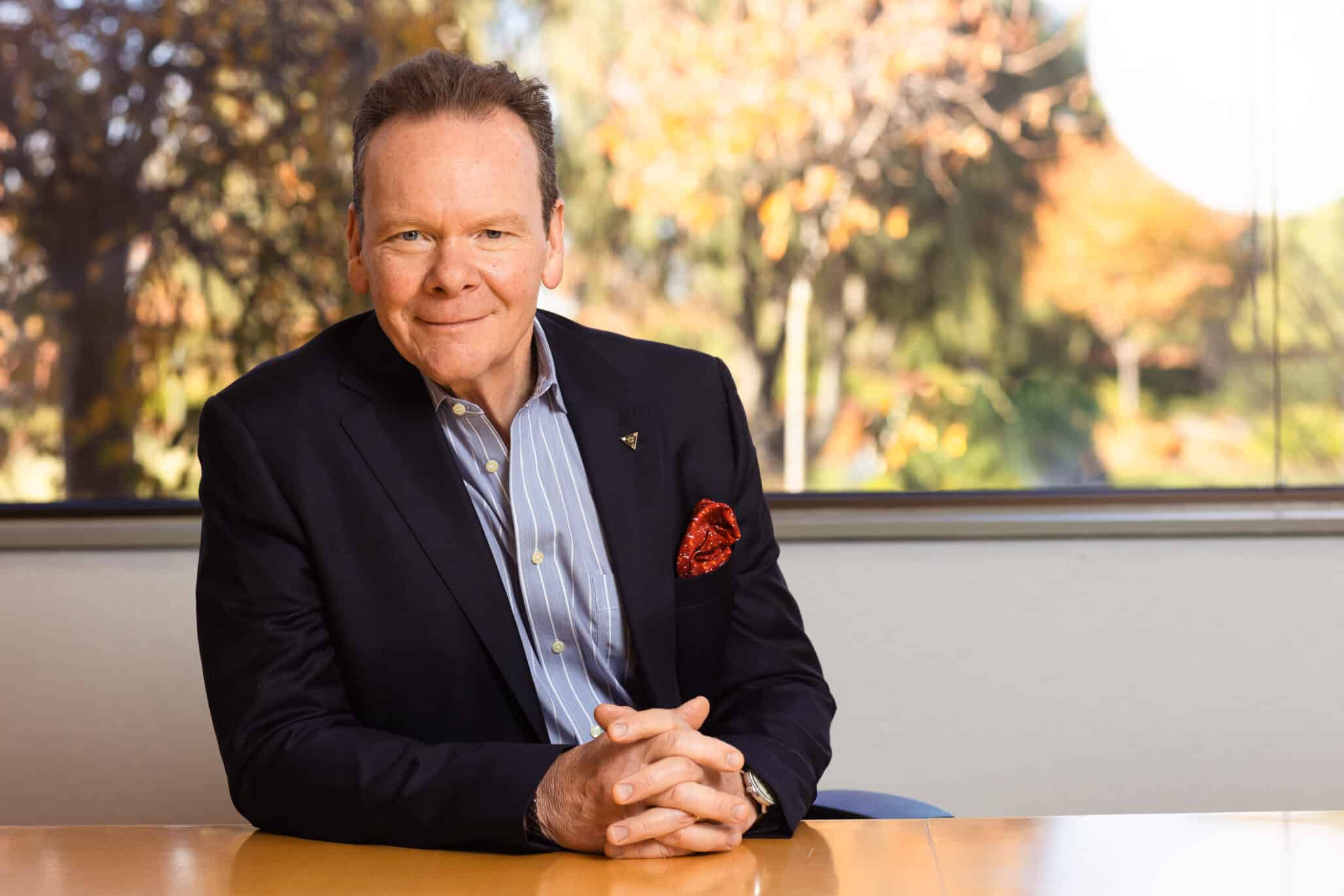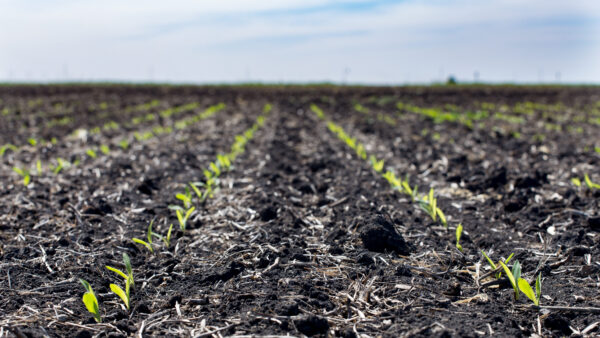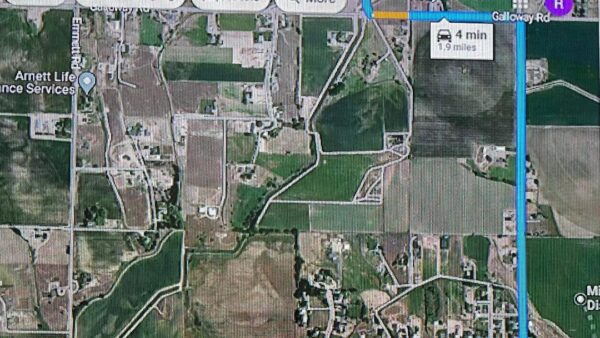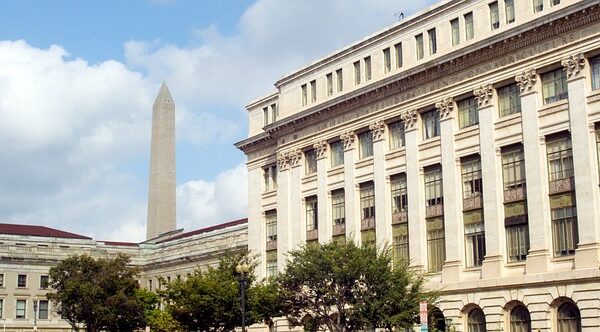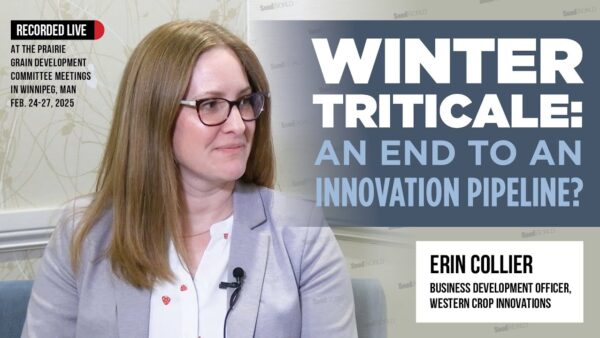National Garden Bureau and corporate sponsors American Meadows and Sakata Seed America are joining forces to provide $5,000 in grant money to be split among three therapeutic gardens in North America.
The National Garden Bureau promotes the health and healing powers of human interaction with plants through a yearly grant program for therapeutic gardens. Sakata Seed America is committed to supporting organizations in local communities throughout the United States, Canada, Mexico and Central America, to help people live productive, healthy and enriched lives. American Meadows is a respected online retailer of wildflower seeds, perennial plants, flower bulbs and vegetable seeds in North America and their people have been helping supply successful gardener-partners since 1981.
According to the American Horticultural Therapy Association, horticultural therapy (HT) is a time-proven practice. The therapeutic benefits of garden environments have been documented since ancient times. In the 19th century, Dr. Benjamin Rush, a signer of the Declaration of Independence and recognized as the “Father of American Psychiatry,” was first to document the positive effect working in the garden had on individuals with mental illness.
HT techniques are employed to assist participants in learning new skills or regaining those that were lost. A therapeutic garden is a plant-dominated environment purposefully designed to facilitate interaction with the healing elements of nature. There are many sub-types of therapeutic gardens including healing gardens, enabling gardens, rehabilitation gardens, and restorative gardens.
National Garden Bureau, American Meadows and Sakata Seed America are now accepting applications from therapeutic gardens that meet the following criteria:
1. Have a defined program using the garden to further particular goals for participants led by a qualified leader. Examples include horticultural therapy, occupational, physical, vocational or rehabilitation therapy in a garden setting or using gardening to promote positive social relationships within a community.
2. Offer a nature experience/interface for population served, including, but not limited to veterans, special-needs children or young adults, the elderly and/or those recuperating from specific injuries or addictions.
3. Be used for job-training, skill-building, or food growing for at-risk youth, veterans, or the elderly.
4. Involve a large number of gardeners, clients, patients, visitors or students on a monthly basis.
To apply, therapeutic garden applicants should determine that they meet the criteria then complete the application and submit it to the NGB office by the deadline of July 1, 2018. Instructions on how to submit are on the application form.
In July/August, a group of horticulture therapy experts will narrow down applications to three finalists. Those three finalists will then be asked to submit a one-minute video that will be posted on www.ngb.org. All involved parties will solicit feedback from the public, using social media, to vote on the garden they wish to receive the grants. The top vote-getter will receive $3,000, second and third place will receive $1,000 each.
The panel of experts to determine the three garden finalists are:
Patty Cassidy, Vice President of the American Horticultural Therapy Association
Barbara Kreski, Director, Horticultural Therapy Services, Chicago Botanic Garden
Julie Tracy, President, Julie+Michael Tracy Family Foundation/Growing Solutions Farm
Alecia Troy, Senior Marketing Manager, Sakata Seed America
Mike Lizotte, Owner/Managing Partner at American Meadows
Tim Hodson, Editorial Director at Greenhouse Product New and NGB President


